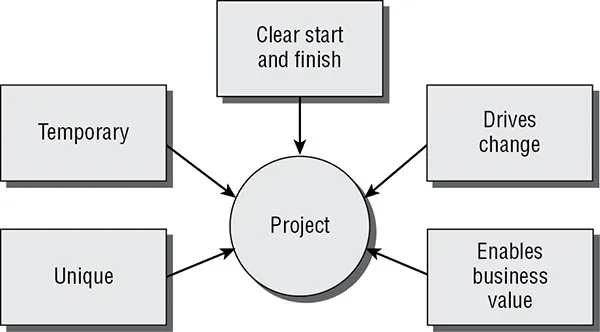
PMP: Project Management Professional Exam Review Guide
Kim Heldman, Vanina Mangano, Brett J. Feddersen
- English
- ePUB (mobile friendly)
- Available on iOS & Android
PMP: Project Management Professional Exam Review Guide
Kim Heldman, Vanina Mangano, Brett J. Feddersen
About This Book
Essential review for the PMP exam, updated for the new PMBOK® Guide, 6 th edition
The PMP Project Management Professional Exam Review Guide, Fourth Edition, offers complete, concise review of essential project management concepts and practices. Covering 100% of the PMP exam objectives, this book helps you ensure your full preparation in advance of the big day. This new 4 th Edition has been updated to align with the newest version of the exam, featuring changes to PMP best practices, greater emphasis on Agile and other iterative processes, as well as the evolution of the project manager's role. Organized by domain area, this handy review guide covers project initiation, planning, execution, monitoring, and closing as detailed in the new A Guide to the Project Management Body of Knowledge (PMBOK® Guide), 6 th Edition, giving you clear guidance on what you need to know for the exam. You also get a year of free access to the Sybex online interactive learning environment and study tools, which features flashcards, chapter tests, two bonus practice exams, and more.
PMP candidates must have extensive project management experience before taking the exam, but you cannot rely on experience alone; the PMP exam tests your understanding of critical PMP concepts and practices as laid out in the PMBOK® Guide 6th Edition; this practical review condenses the PMBOK 's essential details into quickly-digestible chapters that help you prepare more efficiently.
- Review 100% of the exam objectives
- Apply PMP concepts to real-world scenarios
- Identify areas in need of additional review
- Access practice exams, flashcards, and more
The PMP certification puts you in demand, and can be a major boost to your career. Regardless of your current level of experience, exam success lies in complete and thorough preparation; the PMP Project Management Professional Exam Review Guide, Fourth Edition, is your ultimate key to confidence and success.
To register for access to the online test banks included with the purchase of this book, please visit: www.wiley.com/go/sybextestprep.
Frequently asked questions
Information
Chapter 1
Project Foundation
- 1.1 Be able to describe the difference between projects and operations.

- Be able to differentiate between project management, program management, portfolio management, and a project management office.

- Be able to list some of the skills every good project manager should possess.

- Be familiar with the components of the PMI Talent Triangle.

- Be able to define the role of the project manager.

- Be able to differentiate between the organizational structures and the project manager’s authority in each.

- Be able to name the five project management process groups.


Day of the Exam
Defining a Project

Project Characteristics
- They are temporary in nature and have a definite start and finish.
- They produce a unique product, service, or result that didn’t exist before.
- They often drive change within organizations.
- They typically enable the creation of business value.

- The goals and objectives are accomplished to the satisfaction of the stakeholders.
- It has been determined that the goals and objectives cannot be accomplished or are no longer needed.
- The project is canceled due to lack of resources (i.e., funding, people, or physical resources) or for legal reasons.